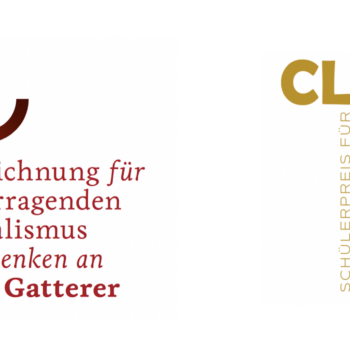US Perspective on the War in Ukraine: Policy Choices, Political Debates, and Public Attitudes
Background
Washington has pledged support for Ukraine and approved the biggest arms, economic and humanitarian aid package since 1945. It has also provided intelligence and training.
What is political and economic thinking behind the current policy decisions? Is there a bipartisan support? What have been the main policy debates? How long can the US sustain this high-profile support? Can the midterm elections, scheduled for 8 November 2022, alter political aims and foreign policy priorities?
Since Russia invaded Ukraine on 24 February 2022, US objectives regarding the outcome of the war seem to be shifting, as several US media noted, from liberating Ukraine to defeating Russia. Is the final goal clear for the US citizens and the Western allies?
Does the US president Joe Biden have popular support for his policy towards Ukraine? What does the US public think about the war in Ukraine? Is the public ready for a long- term support?
What has been the role of the media in shaping policies towards Ukraine?
Bruce Stokes will explore public attitudes towards the war in Ukraine, Russia, and government policies, while Richard Parker will focus on debates and policy choices that have dominated the US public sphere.
Speakers
Bruce Stokes, expert in public opinion analysis, Visiting Senior Fellow, German Marshall Fund and Associate Fellow, Chatham House. From 2012-2019, Stokes was the director of Global Economic Attitudes at the Pew Research Center in Washington, DC. Based in Washington DC.
Richard Parker, economist and public policy expert, lecturer at Harvard’s Kennedy School of Government and Senior fellow at School’s Shorenstein Center on Media, Politics, and Public Policy. Founder of Mother Jones magazine. Former advisor of Senators Kennedy,Daniel P. Moynihan and McGovern. Based in Cambridge, Massachusetts.
Concept and Moderation
Mirjana Tomić, fjum/Presseclub Concordia and Ivan Vejvoda, Head of Europe’s Futures, IWM.



